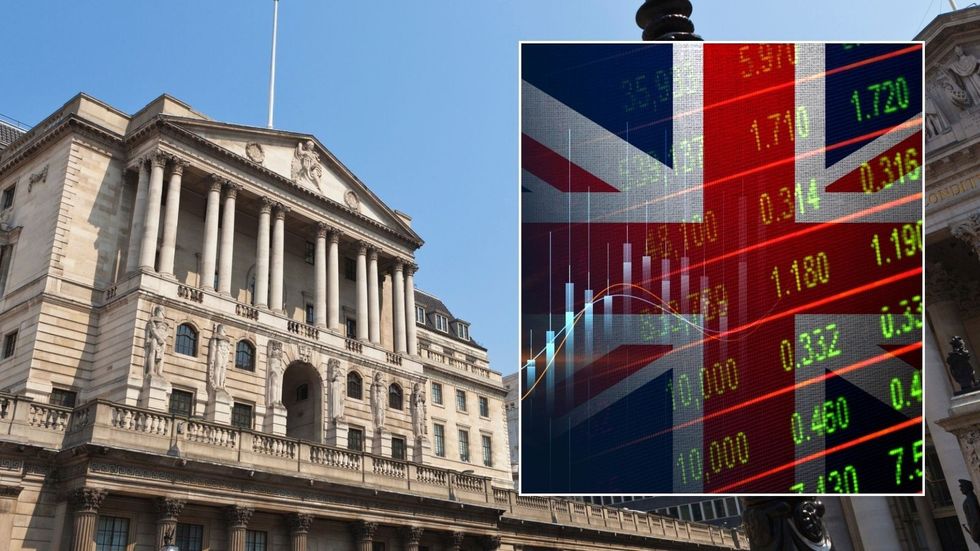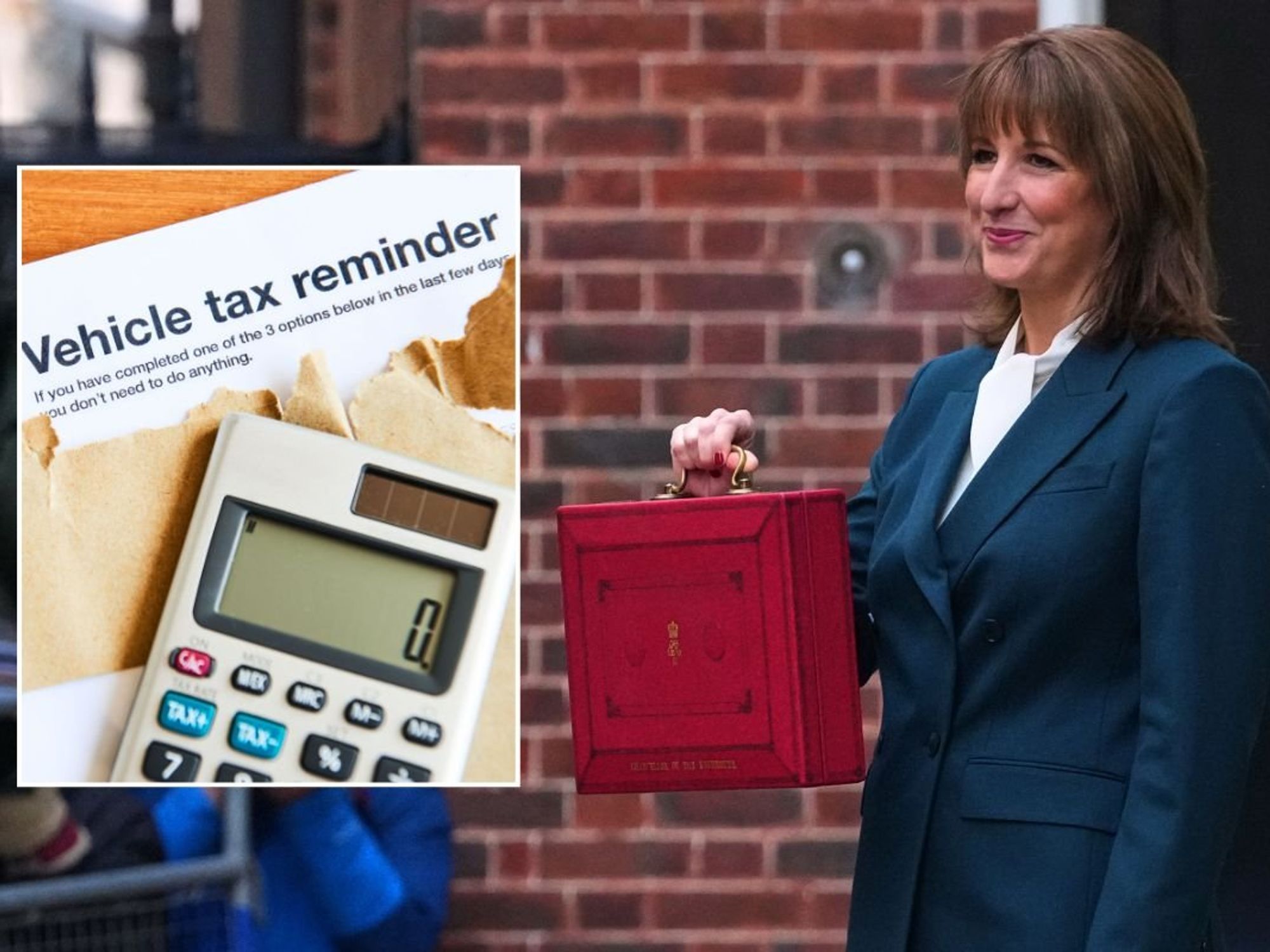ECB cuts interest rates again - but Germany on brink of NINE MONTH recession

The ECB has voted to cut rates once again
|GETTY/PA

The ECB's deposit facility rate is now sitting at 3.5 per cent
Don't Miss
Most Read
The European Central Bank (ECB) has slashed interest rates for the second time in 2024 in a win for borrowers in the European Union (EU). Earlier today, the financial institution's Governing Council voted to cut the deposit facility rate by 25 basis points from 3.5 per cent to 3.75 per cent.
Europe's slow economic recovery comes following Germany falling into recession last year with stagnated growth expected throughout 2024. Economists at Noumra have warned that Germany has entered a three-quarters-long recession, was an expectation that GDP will decline by 0.4 per cent.
This latest decision from the ECB comes following slow gross domestic product (GDP) growth across the euro zone economy and easing inflation. It also comes following the recent decision from the Bank of England to slash the UK's base from a 16-year high of 5.25 per cent to five.
The latest rate reduction from the European Central Bank comes ahead of the US' Federal Reserve's predicted 0.50 per cent rate cut later this month. Mortgage holders and debt borrowers living in the continent are likely to be primary winners of today's decision, as well as businesses which will be encouraged to grow.
However, future rate cuts could be in jeopardy if the economic and political bloc's largest economy continues on its recessionary path.
Noumara cites greater structual exposure to a weakening China, more pronounced exposure to a global manufacturing downswing and deteriorating demographics as to why Germany's economy could continue to be stagnant.
Do you have a money story you’d like to share? Get in touch by emailing money@gbnews.uk.

Most countries have been forced to contend with rising interest rates following the Covid-19 pandemic
| GETTYIn its announcement, the Governing Council broke down its current assessment of the eurozone economy and why a rate reduction was implemented.
Policymakers stated: "Domestic inflation remains high as wages are still rising at an elevated pace.
"However, labour cost pressures are moderating, and profits are partially buffering the impact of higher wages on inflation.
"Financing conditions remain restrictive, and economic activity is still subdued, reflecting weak private consumption and investment."
Ben Nichols, the managing Director of RAW Capital Partners, told GB News that there "is a catch" to the ECB's latest decision which could affect the global markets over the next year.
He explained: "Although inflation hasn’t yet hit the central bank’s two per cent target, the eurozone appears to be on a stable path to recovery, with GDP projected to grow by one per cent in 2024.
“With the Bank of England already cutting rates and the Federal Reserve expected to follow suit next week, we’re entering a new phase of global monetary policy.
"This is likely to provide some impetus to global economic growth, but there is a catch: central banks will continue cutting rates at different speeds in the coming months, which could trigger some volatility in the financial markets."
LATEST DEVELOPMENTS:
 Interest rate hikes from the Bank of England have impacted savers and homeowners in different ways | GETTY
Interest rate hikes from the Bank of England have impacted savers and homeowners in different ways | GETTY Despite concerns over a fluctuating market, some analysts are suggest that the eurozone is pulling it self away from the threat of recession.
Joe Nellis, MHA’s economic adviser and Professor of Global Economy at Cranfield University, added: "In the aftermath of the recent German recession the falls in inflation and interest rates mark the beginning of a more positive economic outlook for the EU.
"But the path to full recovery will be long and uneven and President Lagarde is likely to keep all her options open as to that future direction.
"We expect quarterly interest rate cuts to follow over the next 12 months to reach a floor of 2.5 per cent towards the end of next year assuming inflation remains at a modest level and the US FED follows the Bank of England and the ECB in announcing a programme of similar cuts beginning on September 18.”










